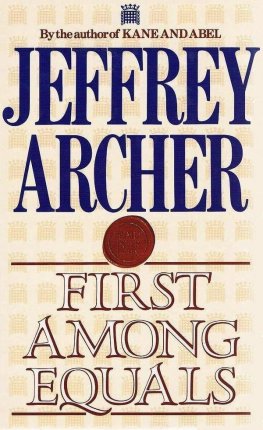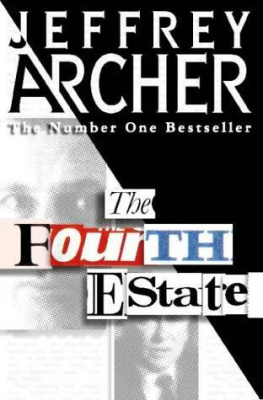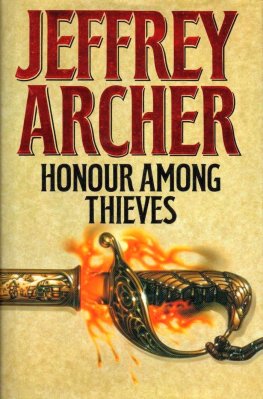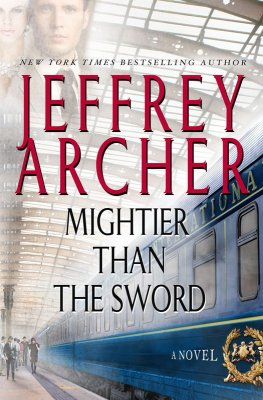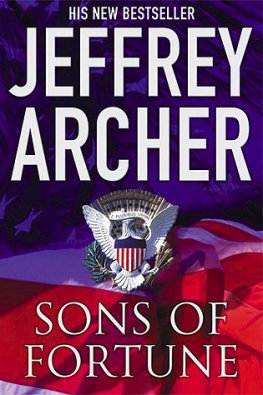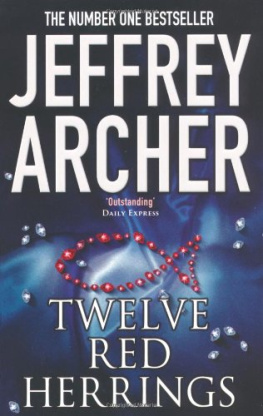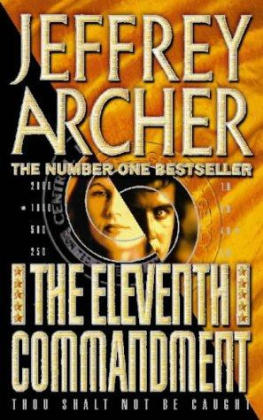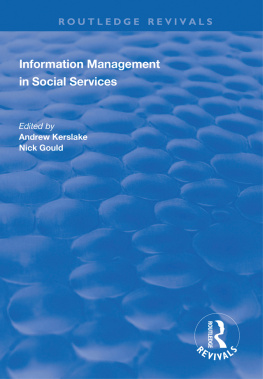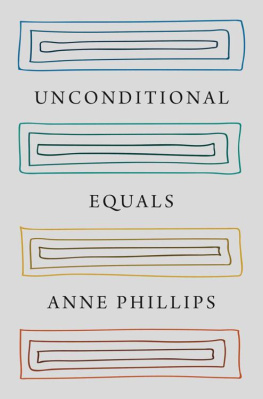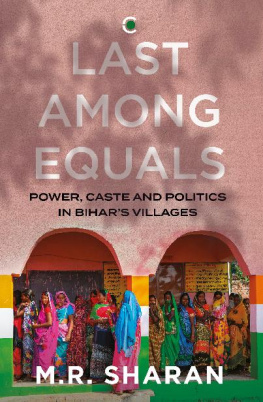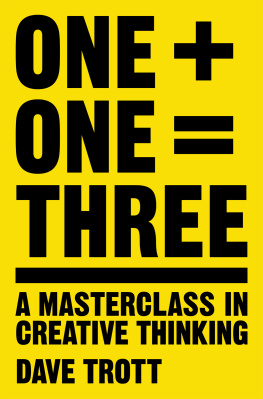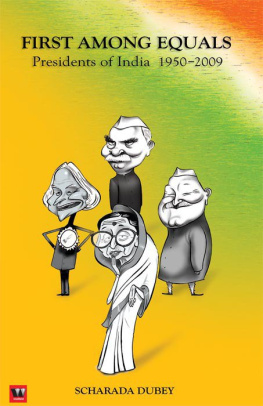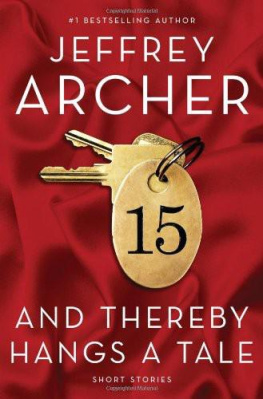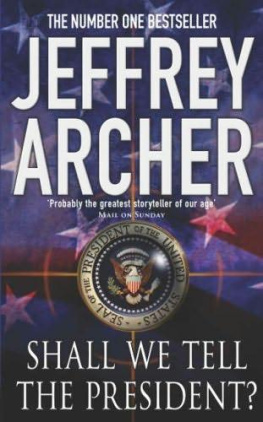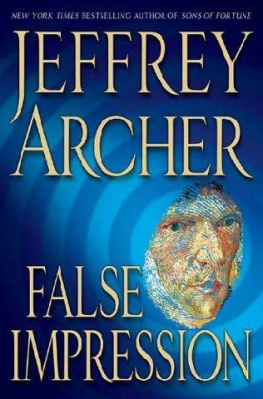Jeffrey Archer - First Among Equals
Here you can read online Jeffrey Archer - First Among Equals full text of the book (entire story) in english for free. Download pdf and epub, get meaning, cover and reviews about this ebook. City: London, year: 1984, publisher: Hodder and Stoughton, genre: Prose. Description of the work, (preface) as well as reviews are available. Best literature library LitArk.com created for fans of good reading and offers a wide selection of genres:
Romance novel
Science fiction
Adventure
Detective
Science
History
Home and family
Prose
Art
Politics
Computer
Non-fiction
Religion
Business
Children
Humor
Choose a favorite category and find really read worthwhile books. Enjoy immersion in the world of imagination, feel the emotions of the characters or learn something new for yourself, make an fascinating discovery.
- Book:First Among Equals
- Author:
- Publisher:Hodder and Stoughton
- Genre:
- Year:1984
- City:London
- ISBN:978-0-340-35266-3
- Rating:5 / 5
- Favourites:Add to favourites
- Your mark:
- 100
- 1
- 2
- 3
- 4
- 5
First Among Equals: summary, description and annotation
We offer to read an annotation, description, summary or preface (depends on what the author of the book "First Among Equals" wrote himself). If you haven't found the necessary information about the book — write in the comments, we will try to find it.
First Among Equals — read online for free the complete book (whole text) full work
Below is the text of the book, divided by pages. System saving the place of the last page read, allows you to conveniently read the book "First Among Equals" online for free, without having to search again every time where you left off. Put a bookmark, and you can go to the page where you finished reading at any time.
Font size:
Interval:
Bookmark:
Jeffrey Archer
First Among Equals
To Alan and Eddie
Prologue
WEDNESDAY 10 APRIL 1931
If Charles Gurney Seymour had been born nine minutes earlier he would have become an earl, inherited a castle in Scotland, 22,000 acres in Somerset, and a thriving merchant bank in the City of London.
It was to be several years before young Charles worked out the full significance of coming second in lifes first race.
His twin brother, Rupert, only just came through the ordeal, and in the years that followed contracted not only the usual childhood illnesses but managed to add scarlet fever, diphtheria and meningitis, causing his mother, Lady Seymour, to fear for his survival.
Charles, on the other hand, was a survivor, and had inherited enough Seymour ambition for both his brother and himself. Only a few years passed before those who came into contact with the brothers for the first time mistakenly assumed Charles was the heir to the earldom.
As the years passed Charless father tried desperately to discover something at which Rupert might triumph over his brother and failed. When they were eight the two boys were sent away to Summer Fields where generations of Seymours had been prepared for the rigors of Eton. During his first month at the Oxford prep school Charles was voted form captain and no one hindered his advance en route to becoming head boy at the age of twelve, by which time Rupert was looked upon as Seymour Minor. Both boys proceeded to Eton, where in their first half Charles beat Rupert at every subject in the classroom, outrowed him on the river, and nearly killed him in the boxing ring.
When in 1947 their grandfather, the thirteenth Earl of Bridgwater, finally expired, the sixteen-year-old Rupert became Viscount Seymour while Charles inherited a meaningless prefix.
The Hon. Charles Seymour felt angry every time he heard his brother deferentially addressed by strangers as My Lord.
At Eton, Charles continued to excel and ended his school-days as President of Pop before being offered a place at Christ Church, Oxford, to read History. Rupert covered the same years without over-burdening the examiners, internal or external. At the age of eighteen the young viscount returned to the family estate in Somerset to pass the rest of his days as a landowner. No one destined to inherit 22,000 acres could be described as a farmer.
At Oxford, Charles, free of Ruperts shadow, progressed with the air of a man who found the university something of an anticlimax. He would spend his weekdays reading the history of his relations and the weekends at house parties or riding to hounds. As no one had suggested for one moment that Rupert should enter the world of high finance, it was assumed once Charles had left Oxford that he would succeed his father at Seymours Bank: first as a director and then in time as its chairman: although it would be Rupert who would eventually inherit the family shareholding.
This best laid plan changed, however, when one evening the Hon. Charles Seymour was dragged off to the Oxford Union by a nubile undergraduate from Somerville, who demanded he should listen to the Eights Week motion, I would rather be a commoner than a lord. The President of the Union had achieved the unique coup of having the motion proposed by the Prime Minister, Sir Winston Churchill.
Charles sat at the back of a hall packed with eager students mesmerized by the elder statesmans performance. Never once did he take his eyes off the great war leader during his witty and powerful speech, although what kept flashing across his mind was the realization that, but for an accident of birth, Churchill would have been the ninth Duke of Marlborough. Here was a man who had dominated the world stage for three decades and then turned down every hereditary honor a grateful nation could offer, including the title of Duke of London.
From that moment Charles never allowed himself to be referred to as the Hon. again: his ultimate ambition was now above mere titles.
Another undergraduate who listened to Churchill that night was also considering his future. But he did not view proceedings crammed between his fellow students at the back of the crowded hall. The tall young man dressed in white tie and tails sat alone in a large chair on a raised platform, for such was his right as President of the Oxford Union.
Although Simon Kerslake was the first-born, he had otherwise few of Charles Seymours advantages. The only son of a family solicitor, he had come to appreciate how much his father had denied himself to ensure that his son should remain at the local public school. Simons father had died during his sons last year at Lancing College, leaving his widow a small annuity and a magnificent MacKinley grandfather clock. Simons mother sold the clock a week after the funeral in order that her son could complete his final year with all the extras the other boys took for granted. She also hoped that it would give Simon a better chance of going on to university.
From the first day he could walk Simon had always wanted to outdistance his rivals. The Americans would have described him as an achiever, while many of his contemporaries thought of him as pushy, or even arrogant, according to their aptitude for jealousy. During his last term at Lancing Simon was passed over for head of school and he still found himself unable to forgive the headmaster his lack of foresight. Later that year, some weeks after he had completed his S-levels and been interviewed by Magdalen, a circular letter informed him that he would not be offered a place at Oxford; it was a decision Simon was unwilling to accept.
In the same mail Durham University offered him a scholarship, which he rejected by return of post. Future Prime Ministers arent educated at Durham, he informed his mother.
How about Cambridge? she inquired, continuing to wipe the dishes.
No political tradition, replied Simon.
But if there is no chance of being offered a place at Oxford, surely?
Thats not what I said, Mother, replied the young man. I shall be an undergraduate at Oxford by the first day of term.
After eighteen years of forty-yard goals Mrs. Kerslake had learned to stop asking her son, How will you manage that?
Some fourteen days before the start of the Michaelmas Term at Oxford Simon booked himself into a small guest house just off the Iffley Road. On a trestle table in the corner of lodgings he intended to make permanent he wrote out a list of all the colleges, then divided them into five columns, planning to visit three each morning and three each afternoon until his question had been answered positively by a resident Tutor for Admissions: Have you accepted any freshmen for this year who are now unable to take up their places?
It was on the fourth afternoon, just as doubt was beginning to set in and Simon was wondering if after all he would have to travel to Cambridge the following week, that he received the first affirmative reply.
The Tutor for Admissions at Worcester College removed the glasses from the end of his nose and stared at the tall young man with a mop of dark hair falling over his forehead. Alan Brown was the twenty-second don Kerslake had visited in four days.
Yes, he replied. It so happens that a young man from Nottingham High School, who had been offered a place here, was tragically killed in a motorcycle accident last month.
What course what subject was he going to read? Simons words were unusually faltering. He prayed it wasnt Chemistry, Anthropology, or Classics. Alan Brown flicked through a rotary index on his desk, obviously enjoying the little cross-examination. He peered at the card in front of him. History, he announced.
Simons heartbeat reached 120. I just missed a place at Magdalen to read Politics, Philosophy, and Economics, he said. Would you consider me for the vacancy?
Font size:
Interval:
Bookmark:
Similar books «First Among Equals»
Look at similar books to First Among Equals. We have selected literature similar in name and meaning in the hope of providing readers with more options to find new, interesting, not yet read works.
Discussion, reviews of the book First Among Equals and just readers' own opinions. Leave your comments, write what you think about the work, its meaning or the main characters. Specify what exactly you liked and what you didn't like, and why you think so.

